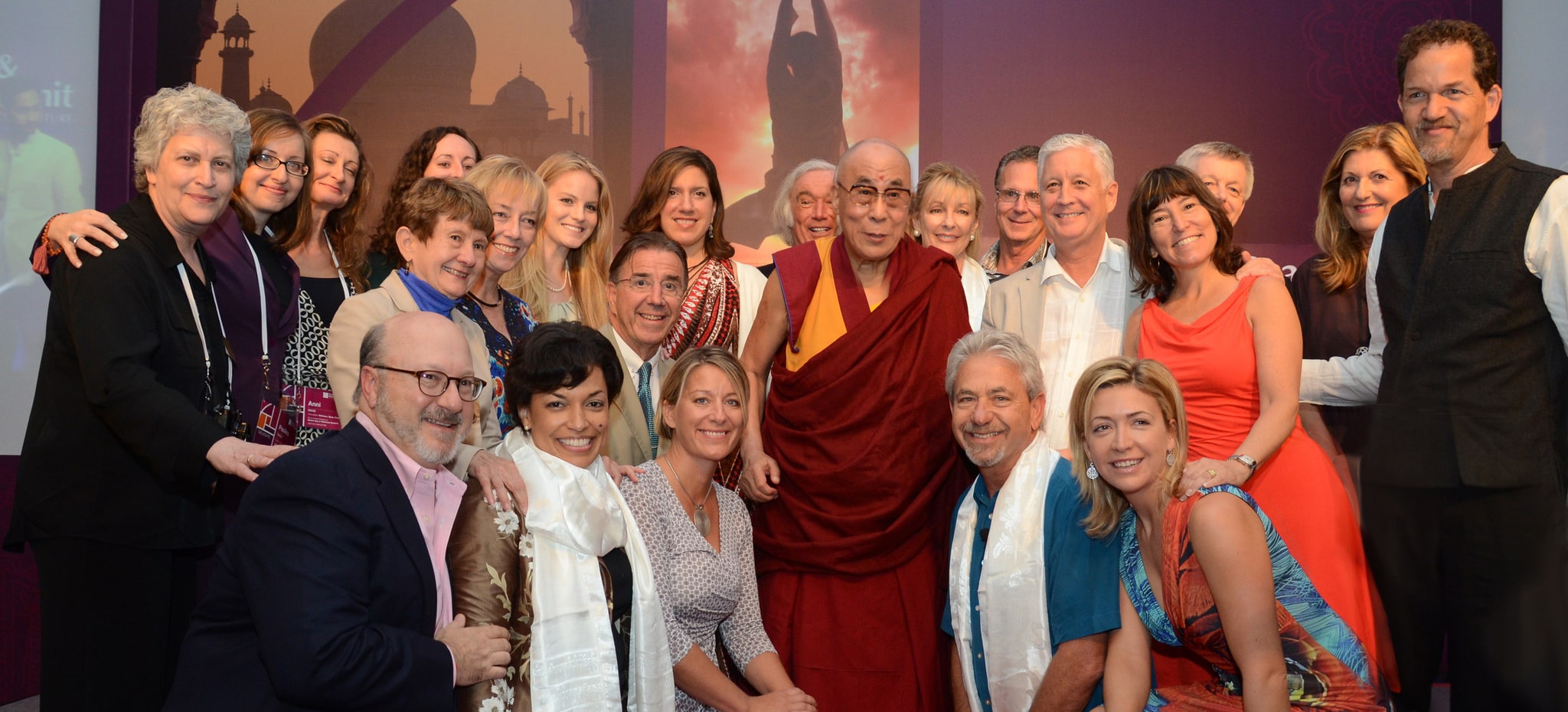
Wellness tourism is a near half-trillion dollar market, representing 14% of total global tourism revenues ($3.2trn) according to a new study presented at the inaugural Global Wellness Tourism Congress (GWTC). The category is projected to grow on average 9.9% annually over the next five years, nearly twice the rate of global tourism overall, reaching $678.5bn by 2017, or 16% of total tourism revenues.
The study also noted over half the expected growth in wellness tourism through 2017 will come from the Asian, Latin American and Middle Eastern and North African markets, and India will become the number one destination over the next five years, clocking a 20% growth through 2017. And wellness tourists are higher spenders, on average, spending 130% more than the average global tourist.
The study was conducted by SRI International, in conjunction with the Global Spa & Wellness Summit (GSWS), the industry’s leading education and research organisation, which presented the GWTC in New Delhi, India. The study is the first to analyse this fast-emerging tourism segment and, according to SRI, is expected to be eye-opening reading for governments and tourism industry stakeholders worldwide.
The different speakers of the Global Spa & Wellness Summit (GSWS), which was held at the Oberoi in New Delhi on 4-7 October agreed. Tourism is in a state of transition as generations are changing. While babyboomers from the US and Europe have been the driving forces during the last decades, the BRIC countries are now starting to come through. Claude Baumgarten, former President and CEO of WTTC, is convinced. “We are at a turning point. The internet will make it possible: the move from a mass, generic travel model to high demand for uniquely experiential, authentic travel. And spas are playing an important role in this game. There are more spas around the world then Michelin-starred restaurants,” he says.
India had put a huge effort into becoming host of GSWS 2013. After the success of the Incredible India Campaign, the country is on the way to becoming the number one wellness destination worldwide. Amitabh Kant, creator of the campaign, shows how to run a successful wellness tourism campaign: by identifying a clear, differentiated wellness tourism “angle” and by delivering truly unique experiences.
Kant noted that by promoting the state of Kerala as the “home of Ayurveda” in its off-season, suddenly the off-season became their main season. And the backwater-exploration-by-houseboat experience, delivering that unique, culturally-immersive experience modern travelers crave, has become the other hallmark of Kerala tourism. As a result this formerly quiet backwater is now mentioned in travel magazines as “one of the 50 must-see destinations in the world”. Sustainability is a big issue in this concept, but entrepreneurs with vision have been practising this for a long time. Jose Dominic started with a Casino hotel in Willingdon Island, Cochin, in 1954, and has since built up a company – CGH Earth – with a strong emphasis on sustainability. The core values promoted by CGH Earth, aim to include and benefit the local community and adopt the local ethos. During the last two decades, he has established 12 beautiful hotels. As one of the key aspects of healthy living is nutrition there are cookery demonstrations and classes in most of the resorts, making for an even more culturally rich experience.
The highlight of the GSWS was when His Holiness the Dalai Lama addressed the audience. Noting that wellness was the key theme he declared having a compassionate attitude is the ultimate basis for living a happy life, adding, “but we tend to look for happiness and satisfaction in material things. However, several scientists I have spoken to now acknowledge that having a happy mind is crucial to physical health.”
Perhaps the counsel of the Dalai Lama is indeed something that we busy consultants should remember.
Hildegard Dorn-Petersen FCSI
